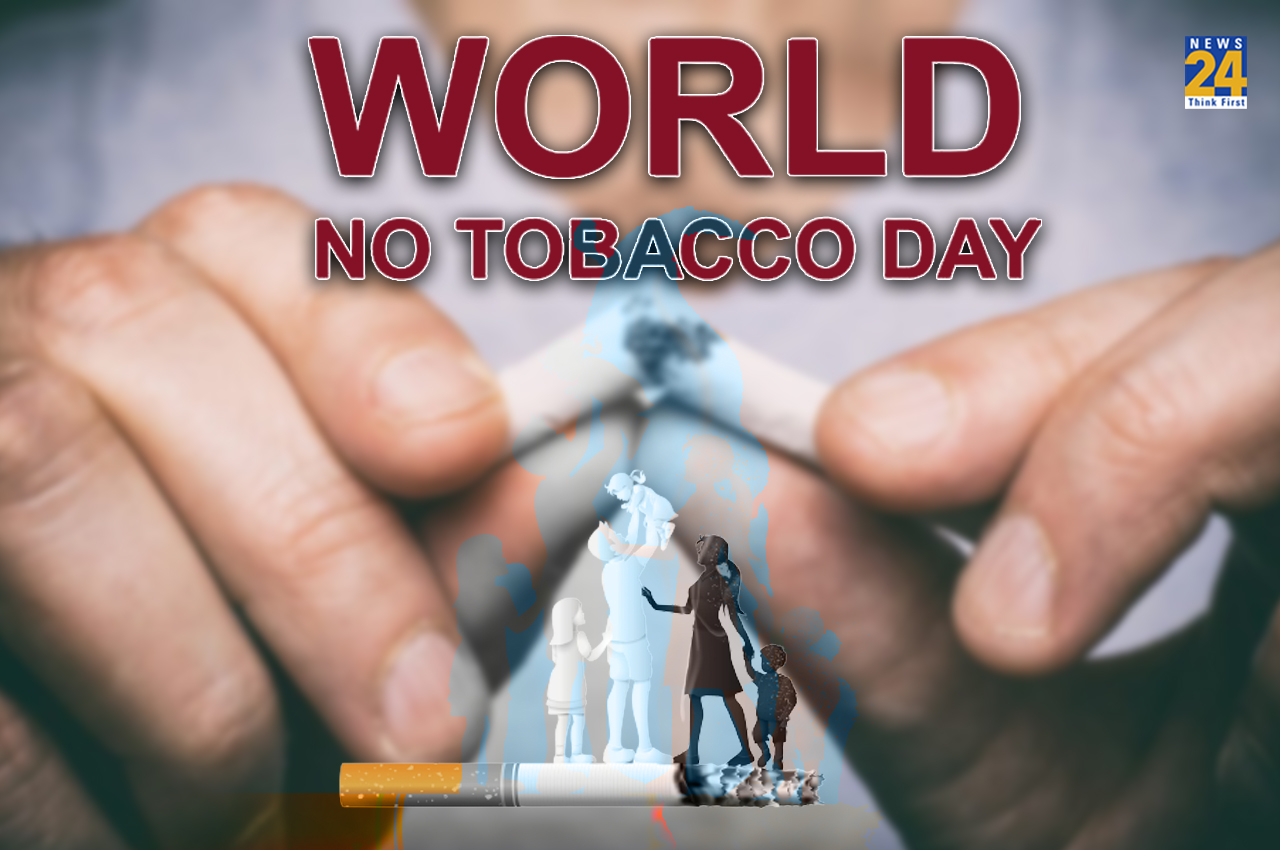World No Tobacco Day 2023: The World Health Organisation sponsors World No Tobacco Day on May 31 each year to raise public awareness of the risks associated with tobacco use, as well as the harm it causes to the environment, society, and the family.
Acute myeloid leukaemia and many other cancers, including those of the lungs, larynx, mouth, oesophagus, throat, bladder, kidney, liver, stomach, pancreas, colon, and cervix, are all directly linked to tobacco use and consumption. According to estimates, smoking causes the deaths of over 1 crore people yearly.
World No Tobacco Day: Theme
This year, theme is “We need food, not tobacco.”
Also read:- 11 Best Modern Balcony Decor Ideas
History
The World Health Organization’s state members created “World No Tobacco Day” in 1987 to spread awareness of the deadly consequences of tobacco use on global public health (deaths and disease). With Resolution WHA40.38 from 1987, the World Health Assembly designated April 7 as “a world no-smoking day” in 1988. This day was established in 1988 by Resolution WHA42.19.
World No Tobacco Day: Importance
An estimated 35 lakh hectares of land are used for tobacco farming each year throughout the world. It is believed that tobacco production results in 2 lakh hectares of annual deforestation. Because tobacco farmlands are more prone to desertification (loss of biological productivity) than other agricultural operations like maize cultivation and cattle grazing, tobacco farming has a noticeably higher damaging impact on ecosystems. Additionally, the intensive use of artificial fertilisers and pesticides required for tobacco cultivation could deplete soil fertility and reduce the yield of other food crops.
If tobacco were produced as a commercial crop, it may endanger the sustainability of food production in low- and middle-income countries. 90% of the world’s largest tobacco-growing regions are low- and middle-income nations and four of them fall into the category of low-income countries with food insecurity.
Given the aforementioned possibilities, swift legislative action is required to restrict the production of tobacco while assisting farmers in switching to the production of alternative food crops. The aforementioned tenets are successfully upheld by this day through the use of campaigns with recurring themes.













